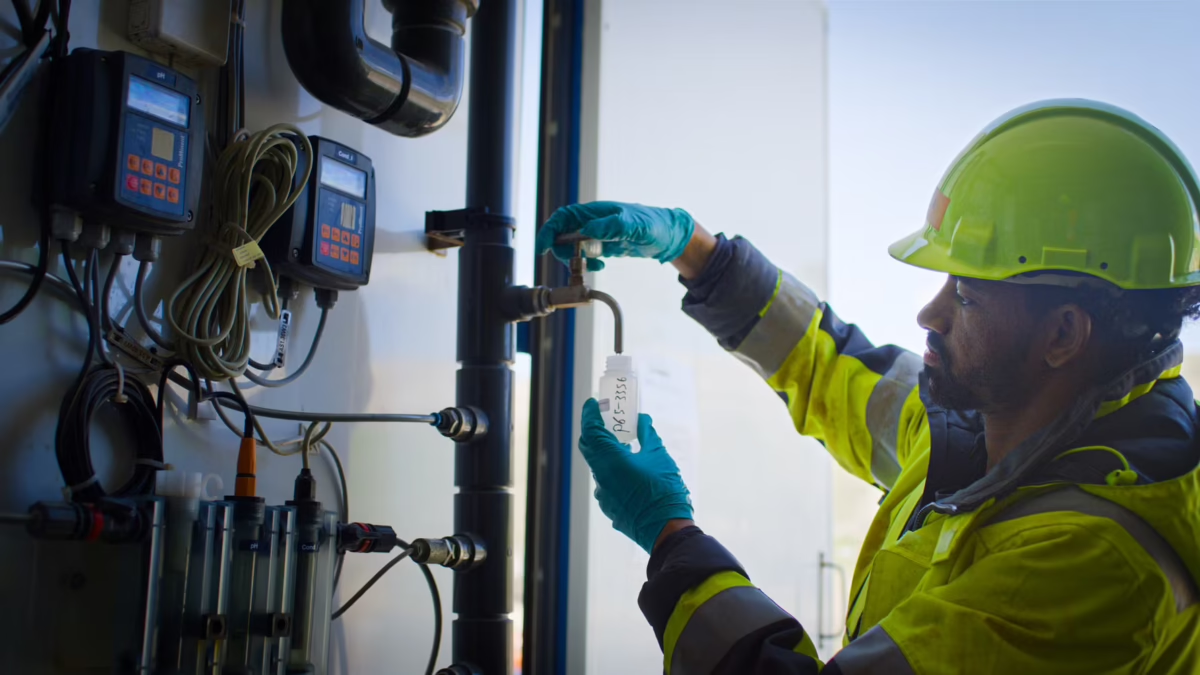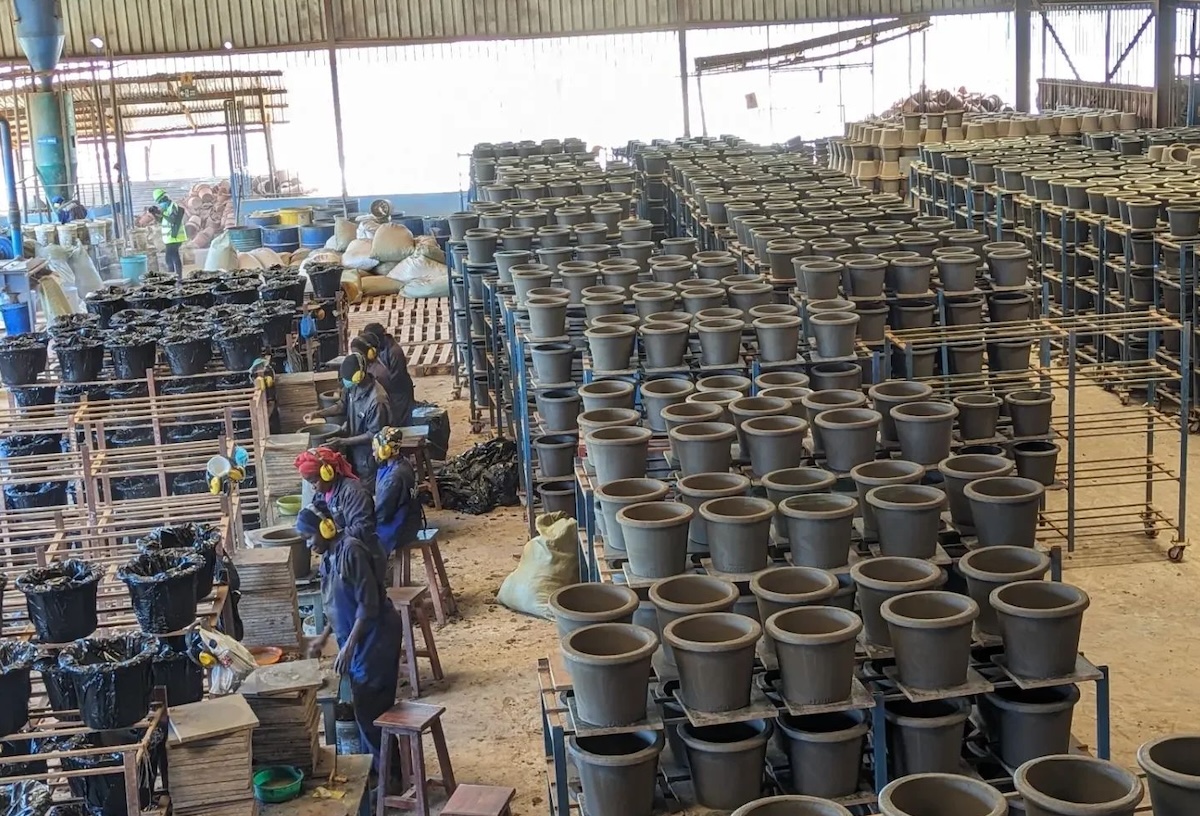Regulators around the globe are increasingly targeting PFAS, the ubiquitous polyfluoroalkyl substances found in non-stick cookware, fire retardants, cleaning products and other everyday products that are linked to cancer, decreased fertility, liver damage and other health concerns.
The so-called forever chemicals, which can persist in the environment for centuries, have been found in humans and animals in every corner of the globe. They’ve also found their way into public water supplies — a situation exacerbated by increased floods and aging infrastructure.
Chromafora, a Swedish cleantech company, combines advanced filtration technology with a proprietary chemical process to remove PFAS from water streams with minimal waste. “Chromafora’s innovation addresses a critical challenge while contributing to Europe’s transition to sustainable water systems,” said Thomas Ostros of the European Investment Bank.
EIB provided Chromafora €22.5 million ($23.1 million) in venture debt to help deploy its PFAS water-treatment systems with landfill operators in Sweden, Belgium and other European countries. The loan “highlights our commitment to supporting clean-water technologies that benefit both the environment and public health,” said Ostros.
PFAS solutions
There are three main methods for filtering PFAS from water: activated carbon filters, ion exchange treatments, which attract PFAS like magnets, and high-pressure membranes. A team of researchers has developed a method of breaking down PFAS by using light, which would eliminate PFAS waste altogether.
Companies that are working to identify and remove PFAS in water include Menlo Park, Calif.-based OceanWell, which has developed a modular desalination system to draw freshwater deep down in the ocean, and KETOS, a San Francisco-based water data-as-a-service venture that makes AI-powered water testing systems for monitoring PFAS and heavy metals in drinking water.
Chromafora is also developing a process that removes and recycles valuable heavy metals such as copper and uranium from polluted water.
Water justice
Environmental and health government agencies in Europe and the US have increased regulations on the amount of PFAS allowed in water.
The US Environmental Protection Agency last year launched the Emerging Contaminants in Small or Disadvantaged Communities grant program, backed with $5 billion from president Biden’s Bipartisan Infrastructure Law, to reduce exposure to PFAS and other harmful chemicals found in water in US disadvantaged communities (see, “Water, long overlooked, is increasingly investable (video)”).












